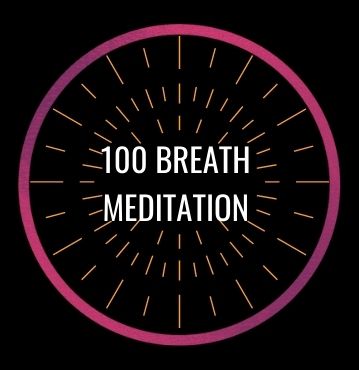Mindfulness has its roots in ancient contemplative traditions such as Buddhism but has gained popularity in modern psychology and wellness practices for its potential benefits in reducing stress, improving mental health, and enhancing overall well-being. Mindfulness-based interventions, such as mindfulness-based stress reduction (MBSR) and mindfulness-based cognitive therapy (MBCT), have been developed  and studied extensively in clinical settings.
and studied extensively in clinical settings.
Mindfulness is a mental state characterized by focused attention on the present moment, without judgment or attachment to thoughts, feelings, or sensations that arise. It involves intentionally directing awareness to the present moment experiences, including bodily sensations, thoughts, emotions, and the surrounding environment.
Key aspects of mindfulness include:
-
- Present Moment Awareness: Mindfulness involves being fully engaged with whatever is happening in the present moment, rather than dwelling on the past or worrying about the future.
- Non-Judgmental Awareness: Practitioners of mindfulness strive to observe their experiences without judgment or criticism. This involves accepting thoughts, feelings, and sensations as they are, without labeling them as good or bad.
- Acceptance and Openness: Mindfulness encourages an attitude of acceptance towards whatever arises in the present moment, whether it is pleasant, unpleasant, or neutral. This openness allows for a more balanced and compassionate response to experiences.
- Observing Thoughts and Emotions: Mindfulness involves observing thoughts and emotions as they come and go, without getting caught up in them or identifying with them. This can help individuals develop a greater sense of self-awareness and emotional regulation.
- Cultivating Presence: Through mindfulness practices such as meditation, individuals can train their minds to be more present and attentive in everyday life. This can lead to greater clarity, focus, and resilience in the face of challenges.
Mindfulness has its roots in ancient contemplative traditions such as Buddhism but has gained popularity in modern psychology and wellness practices for its potential benefits in reducing stress, improving mental health, and enhancing overall well-being. Mindfulness-based interventions, such as mindfulness-based stress reduction (MBSR) and mindfulness-based cognitive therapy (MBCT), have been developed and studied extensively in clinical settings.
Mindful Breathing Meditations
Paying attention to the breath provides a focal point for the mind, helping to anchor awareness in the present moment. This can enhance concentration and mindfulness, making it easier to let go of distracting thoughts. Deep, slow breathing activates the parasympathetic nervous system, which is responsible for the body’s “rest and digest” response. This can counteract the effects of stress and promote relaxation and a sense of calm.

